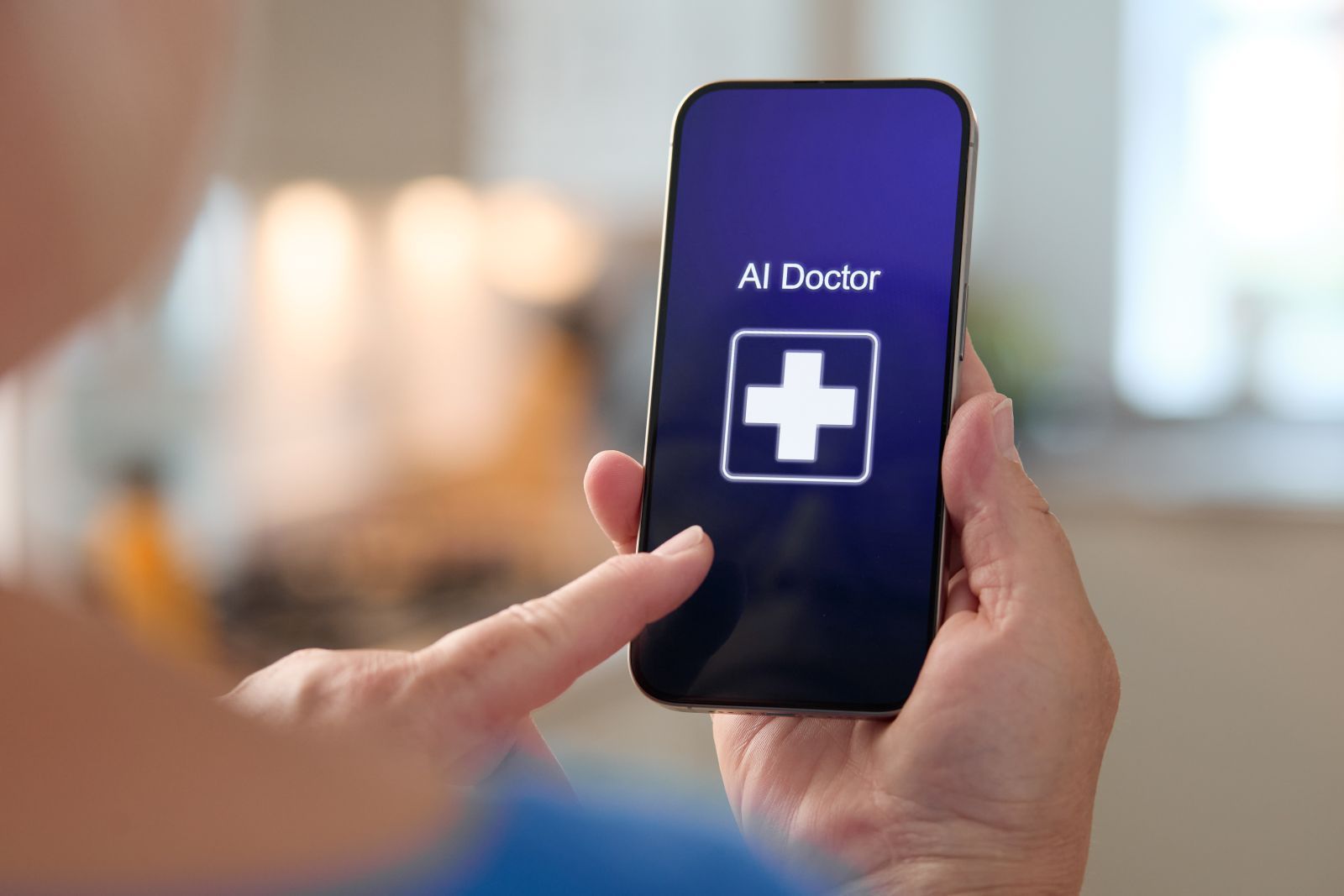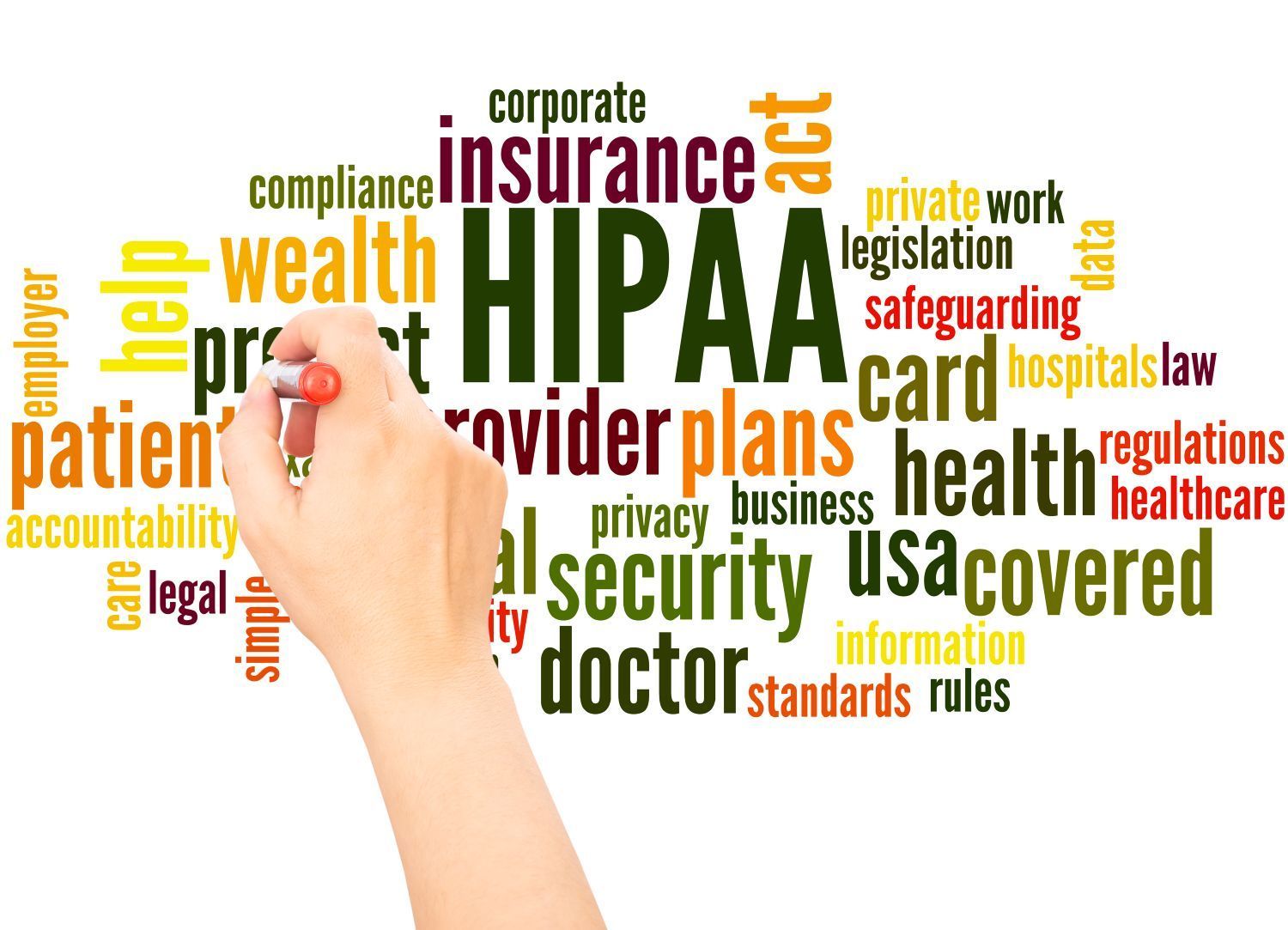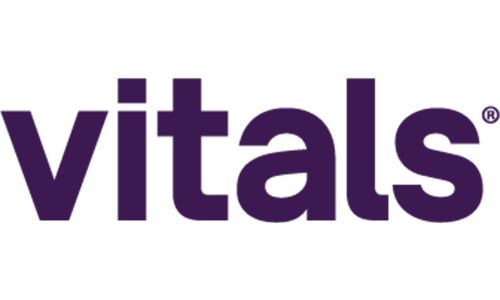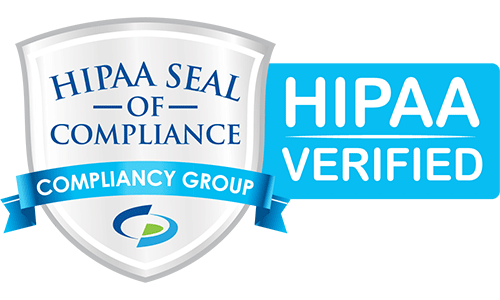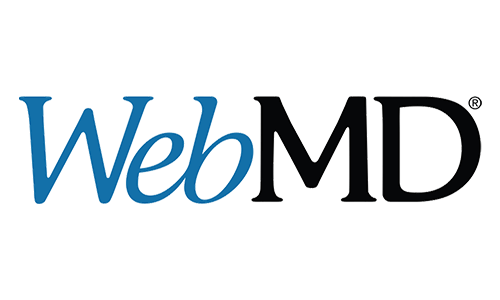Encryption: What Is It and Why Does It Matter?
As medical practices become increasingly reliant on digital tools and platforms, keeping sensitive patient information secure can be challenging. This is where encryption is so important.
Keep reading to dive into the world of encryption, demystify its complexities, and understand why it holds the utmost significance for your medical practice's digital ecosystem.
Understanding Encryption: A Digital Lock for Your Data
Encryption is the process of converting readable data into a scrambled format using algorithms and mathematical keys. It transforms your digital patient data into an unreadable jumble of characters that only an appropriate decryption key can decipher.
This digital lock and key system ensures that even if unauthorized individuals gain access to the data, they can't make sense of it without the encryption key.
Why Encryption Matters for Your Medical Practice
Patient Privacy and Trust
Encryption guarantees that sensitive medical records, test results, and personal information remain confidential and are accessible only to authorized personnel. This protects your patients' privacy and fosters trust in your medical practice.
Legal and Regulatory Compliance
Healthcare practices are subject to stringent data protection regulations like HIPAA. Encryption helps you stay compliant by adding an extra layer of security to patient data. Non-compliance can lead to severe legal consequences and reputational damage, making encryption a vital component of risk mitigation.
Mitigating Data Breach Risks
Medical records are a prime target for cybercriminals due to the high value of health-related data on the black market. Encryption acts as a strong deterrent, making stolen data virtually useless without the decryption key. It significantly reduces the risk of a data breach, saving your practice from the financial and reputational fallout that often accompanies such incidents.
Secure Communication
Communication within your medical practice and with patients is largely digital. Encryption protects emails, messages, and files exchanged from being intercepted or eavesdropped on. This is crucial when discussing patient diagnoses, treatment plans, or other sensitive information.
Preserving Data Integrity
Encryption not only protects data from unauthorized access but also safeguards its integrity. Any tampering with encrypted data becomes evident during decryption, as the data won't match the original version. This is especially vital for maintaining accurate medical records.
Implementing Encryption in Your Medical Practice
Secure Messaging Platforms
Opt for encrypted communication platforms that offer end-to-end encryption, ensuring that messages are only readable by the intended recipient.
Data Storage and Transfer
Choose cloud storage solutions that employ encryption to safeguard data at rest and in transit. This prevents unauthorized access both when stored and when transmitted.
Device Security
Protect the devices you use to access patient data, including laptops, tablets, and smartphones. This prevents data leakage in the event that a device is lost or stolen.
Regular Updates and Patches
Keep your software and systems updated to ensure that you benefit from the latest security enhancements and fixes.
Clinician Box recognizes the significance of maintaining HIPAA compliance in email communication. With our robust encryption services for both Google Workspace and Microsoft 365, healthcare professionals can securely communicate and exchange sensitive patient information via email. Our solution guarantees that all emails are protected and comply with HIPAA regulations, maintaining the confidentiality of patient data. To learn more about how Clinician Box can enhance your email security, Schedule a Consultation today. Take a proactive step towards safeguarding your electronic communications!





